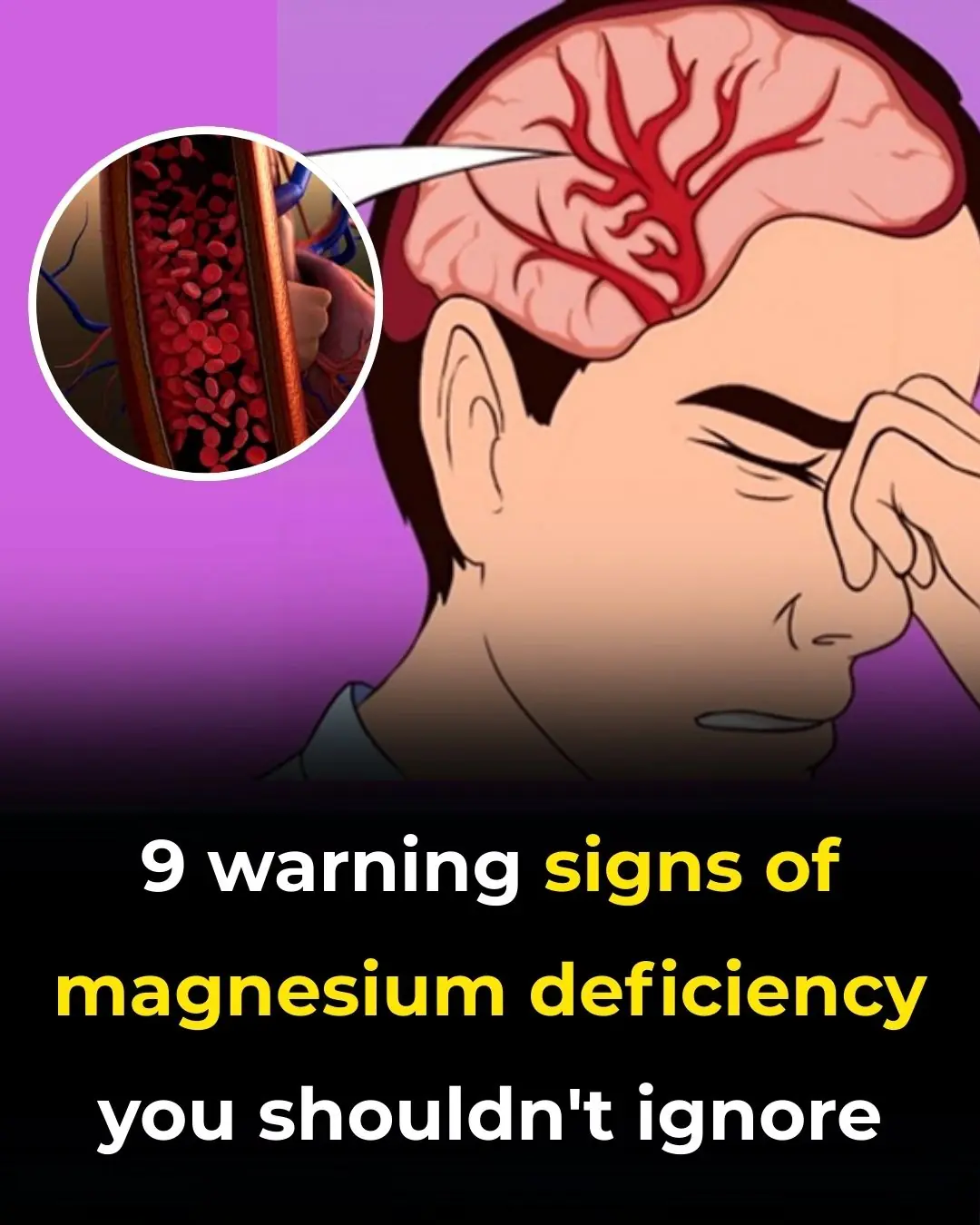
Doctors Urge: Don’t Ignore Unexplained Bruising — These Hidden Reasons Could Be the Cause
Bruising is a common experience for most people, often caused by bumps, falls, or minor injuries. Typically, bruises fade away on their own and are not a cause for concern. However, when bruising occurs frequently, without any obvious cause or injury, it may be a warning sign of an underlying health problem that should not be ignored. Doctors strongly advise paying attention to unexplained bruising because it could be a symptom of serious medical conditions. This essay will explore the reasons why unexplained bruising happens and why it is crucial to seek medical advice if you notice this symptom.
First, it is important to understand what causes bruises. A bruise occurs when small blood vessels under the skin break and leak blood into surrounding tissues. This leakage causes discoloration, swelling, and tenderness, which we recognize as a bruise. While minor injuries are the most common cause, unexplained bruising could indicate that the blood vessels or the blood itself is affected by some health issues.
One of the hidden reasons for unexplained bruising is a platelet disorder. Platelets are tiny cells in the blood that help it clot after an injury. When the number of platelets is too low, a condition called thrombocytopenia, or when they don’t work properly, the blood cannot clot efficiently, leading to excessive bruising and bleeding. This condition can be caused by autoimmune diseases, infections, or even certain medications.
Another possible cause is a clotting factor deficiency, such as hemophilia. Hemophilia is a genetic disorder where the blood lacks specific proteins needed for clotting. People with hemophilia bruise easily and may experience prolonged bleeding from minor injuries. Because this condition is hereditary, it is important for family members to be aware of any history of bleeding disorders.
Vitamin deficiencies can also contribute to unexplained bruising. For example, vitamin C is essential for healthy blood vessels, and its deficiency can lead to fragile capillaries that rupture easily. This condition, known as scurvy, is rare today but still possible in individuals with poor nutrition. Similarly, vitamin K deficiency affects the body’s ability to form blood clots, leading to easy bruising and bleeding.
Certain medications can increase the risk of bruising by interfering with blood clotting. Common drugs like aspirin, blood thinners (such as warfarin), and corticosteroids reduce the blood’s ability to clot and can cause bruises to appear without significant trauma. It is important for patients on these medications to monitor their bruising and report any unusual symptoms to their doctor.
In addition to these medical causes, unexplained bruising may signal more serious conditions such as liver disease or certain types of cancer. The liver produces proteins that are crucial for blood clotting. When the liver is damaged, these proteins may be deficient, resulting in increased bruising. Blood cancers like leukemia affect the bone marrow, where blood cells are produced, and can lead to low platelet counts and bleeding problems.
Ignoring unexplained bruising can delay diagnosis and treatment of potentially serious illnesses. Early detection allows doctors to manage underlying problems effectively and prevent complications. If you notice bruises that appear without reason, are larger than usual, or are accompanied by other symptoms such as fatigue, fever, or weight loss, it is important to seek medical attention promptly.
In conclusion, while bruising is common and usually harmless, unexplained bruising should never be overlooked. It can be a sign of hidden health issues ranging from vitamin deficiencies and medication side effects to serious diseases like blood disorders, liver problems, or cancer. Doctors urge everyone to pay close attention to their bodies and seek medical advice when unexplained bruising occurs. Timely diagnosis and treatment can improve health outcomes and prevent complications, so don’t ignore these warning signs.
News in the same category


5 Unconventional Signs of Breast Cancer That You Must Know About

Low FT3 Levels Predict Risk for Nerve Damage in Diabetes
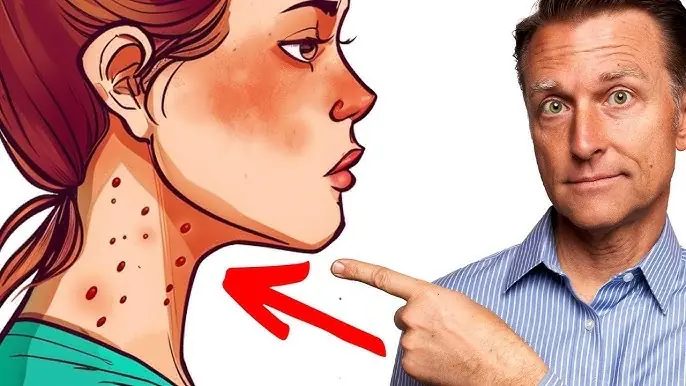
12 Urgent Warning Signs You’re Eating Too Much Sugar
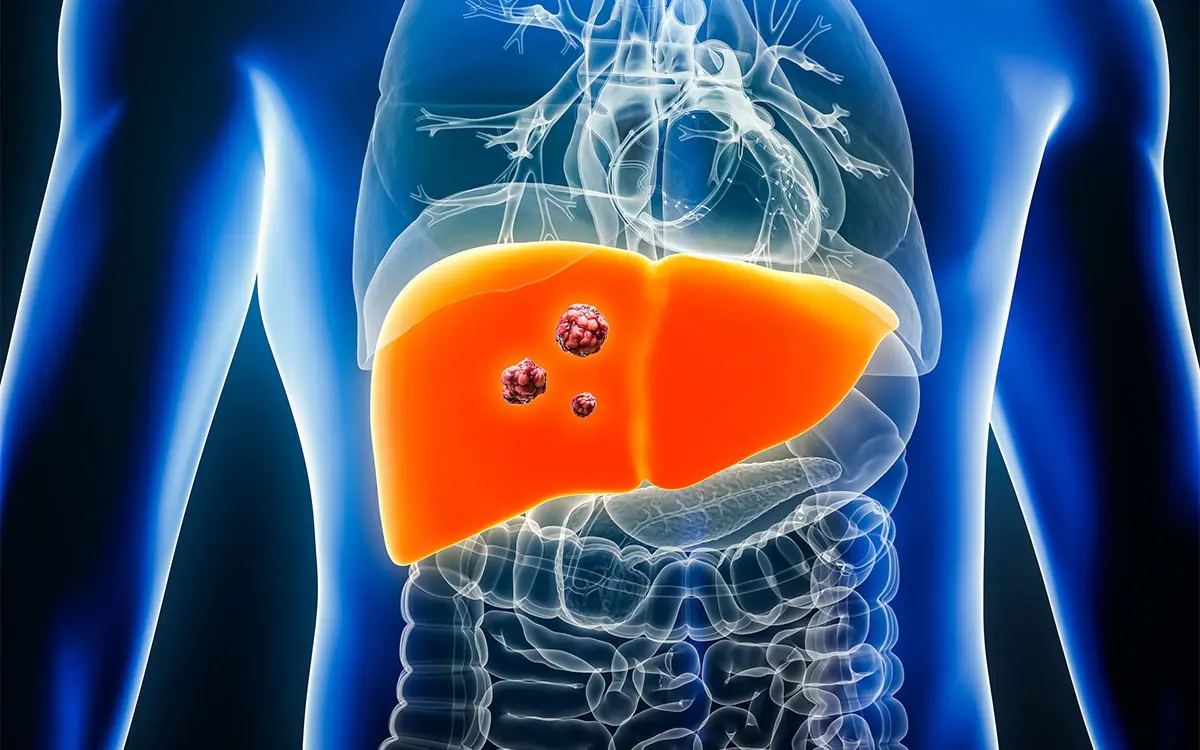
5 Common Habits Silently Destroying Your Liver (Most People Do Them!)

The Ultimate Guide to Marinating Fish
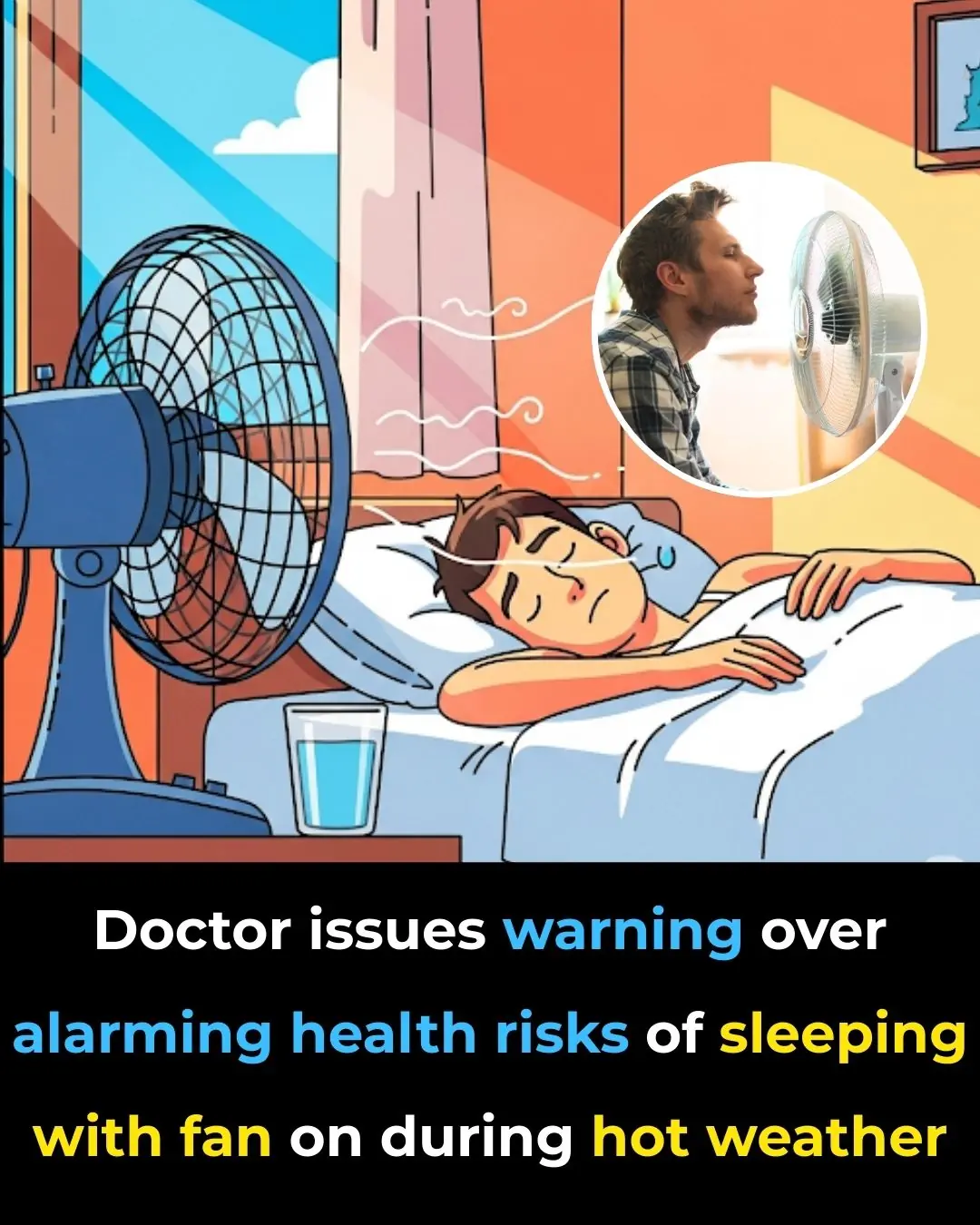
The Pros and Cons of Sleeping with a Fan On
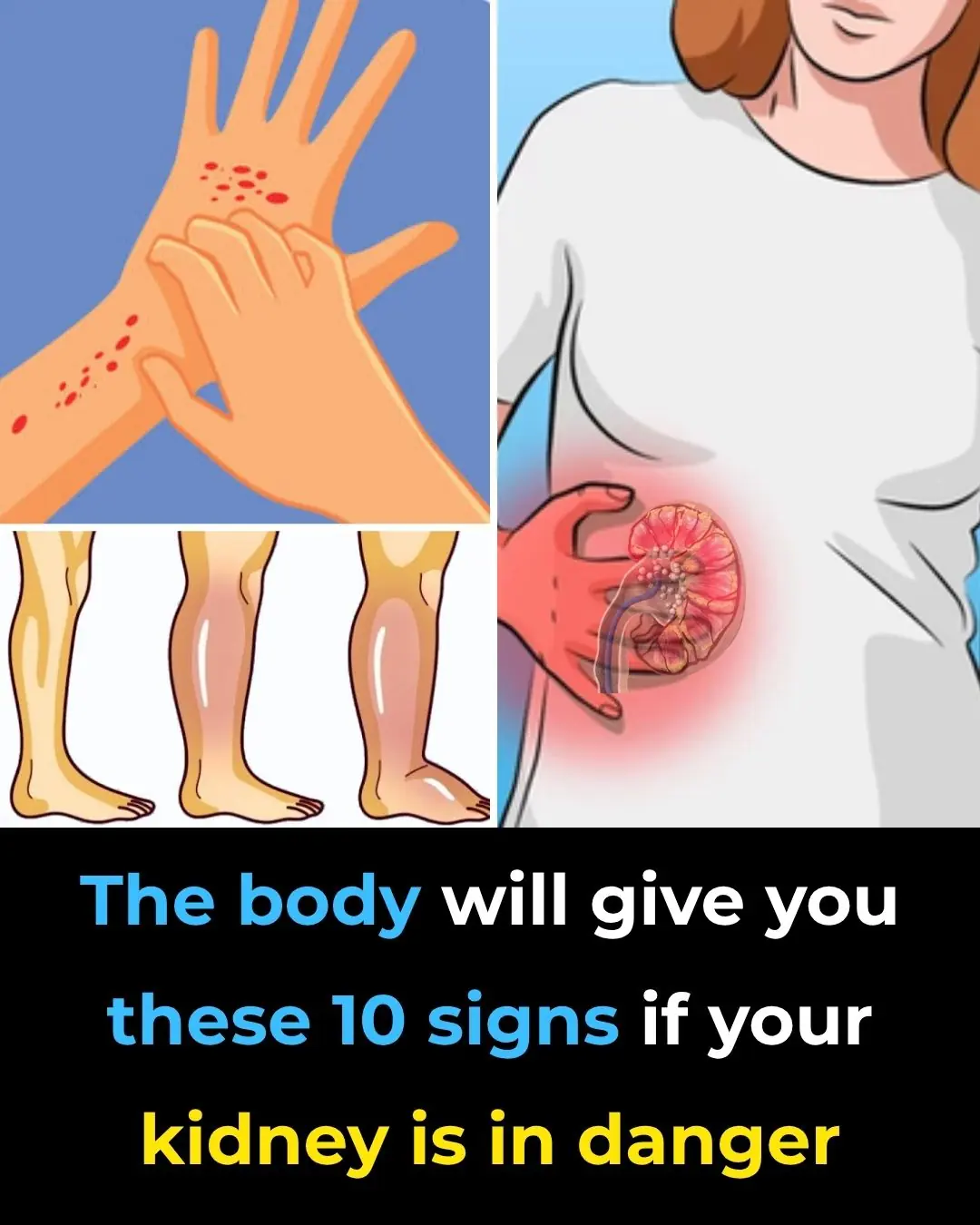
10 Symptoms of Kidney Disease

5 Potential Health Benefits of Macadamia Nuts

How to Exercise Safely When You Have Atrial Fibrillation

How to Get Rid of Dead Dry Skin on Feet

Foods to Eat if You Need to Poop – The Best Natural Laxatives

How to Make Onion Juice for Hair Growth & Strong Hair

3 Best Ways to Boil Sweet Potatoes for Maximum Flavor

Top 13 Inflammatory Foods You Should Avoid (Replace with These)

Why You Should Drink THIS Warm Turmeric Water In The Morning

14 Warning Signs of Low Magnesium Levels and What to Do About It (Science Based)

The Six Signs Of A Potassium Deficiency – And How To Fix It
News Post

14 Warning Signs of Low Magnesium Levels and What to Do About It (Science Based)

5 Unconventional Signs of Breast Cancer That You Must Know About

Low FT3 Levels Predict Risk for Nerve Damage in Diabetes

12 Urgent Warning Signs You’re Eating Too Much Sugar

5 Common Habits Silently Destroying Your Liver (Most People Do Them!)

Where Do You Stand on the Sitting-Rising Test?

The Ultimate Guide to Marinating Fish

The Pros and Cons of Sleeping with a Fan On

One Button, Big Savings: Cut Energy Costs with Every Wash

10 Symptoms of Kidney Disease

10 Types of Toxic Friends to Avoid

Index Finger Length: Personality and Fortune

5 Potential Health Benefits of Macadamia Nuts

How to Exercise Safely When You Have Atrial Fibrillation

How to Get Rid of Dead Dry Skin on Feet

Foods to Eat if You Need to Poop – The Best Natural Laxatives

How to Make Onion Juice for Hair Growth & Strong Hair

3 Best Ways to Boil Sweet Potatoes for Maximum Flavor

